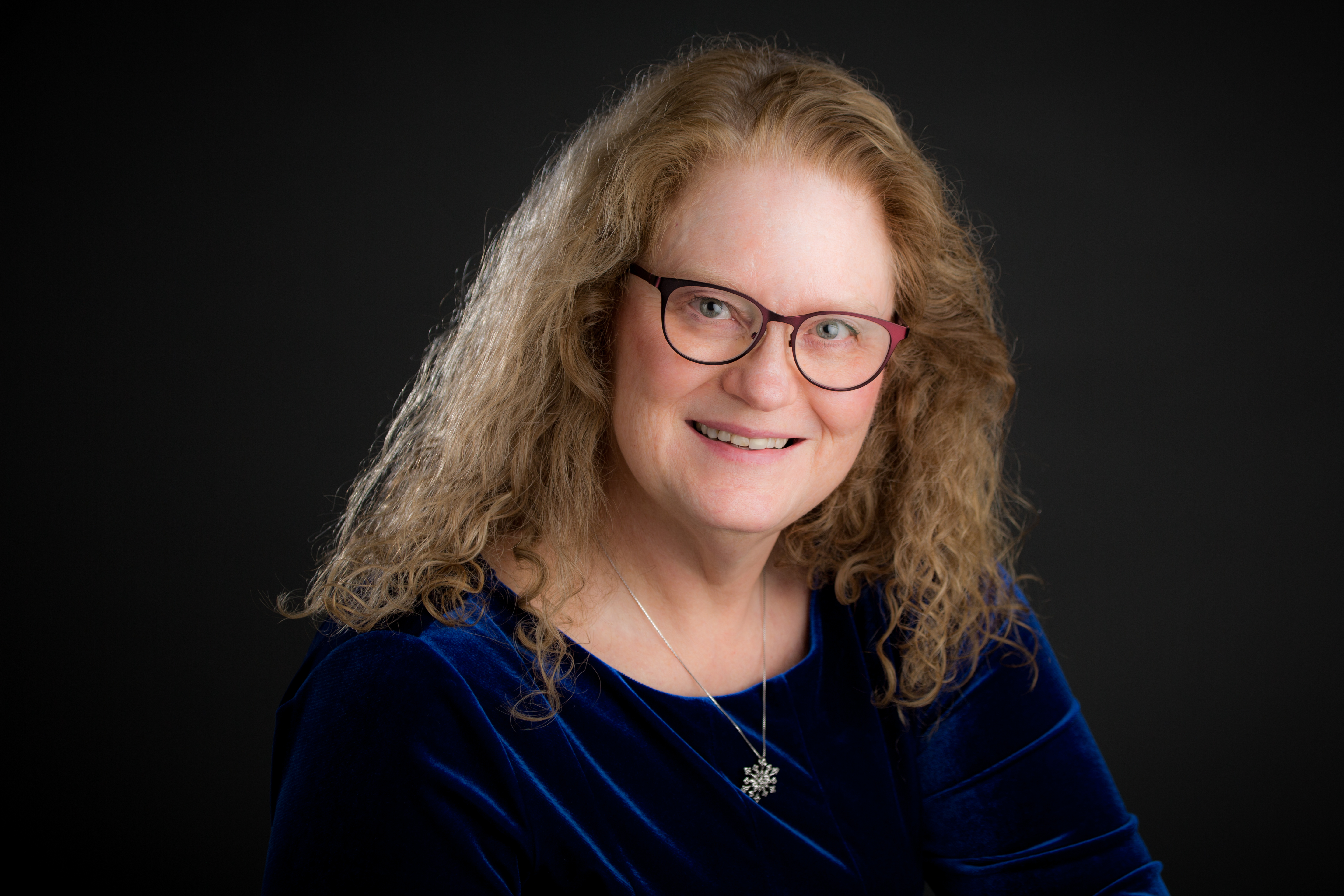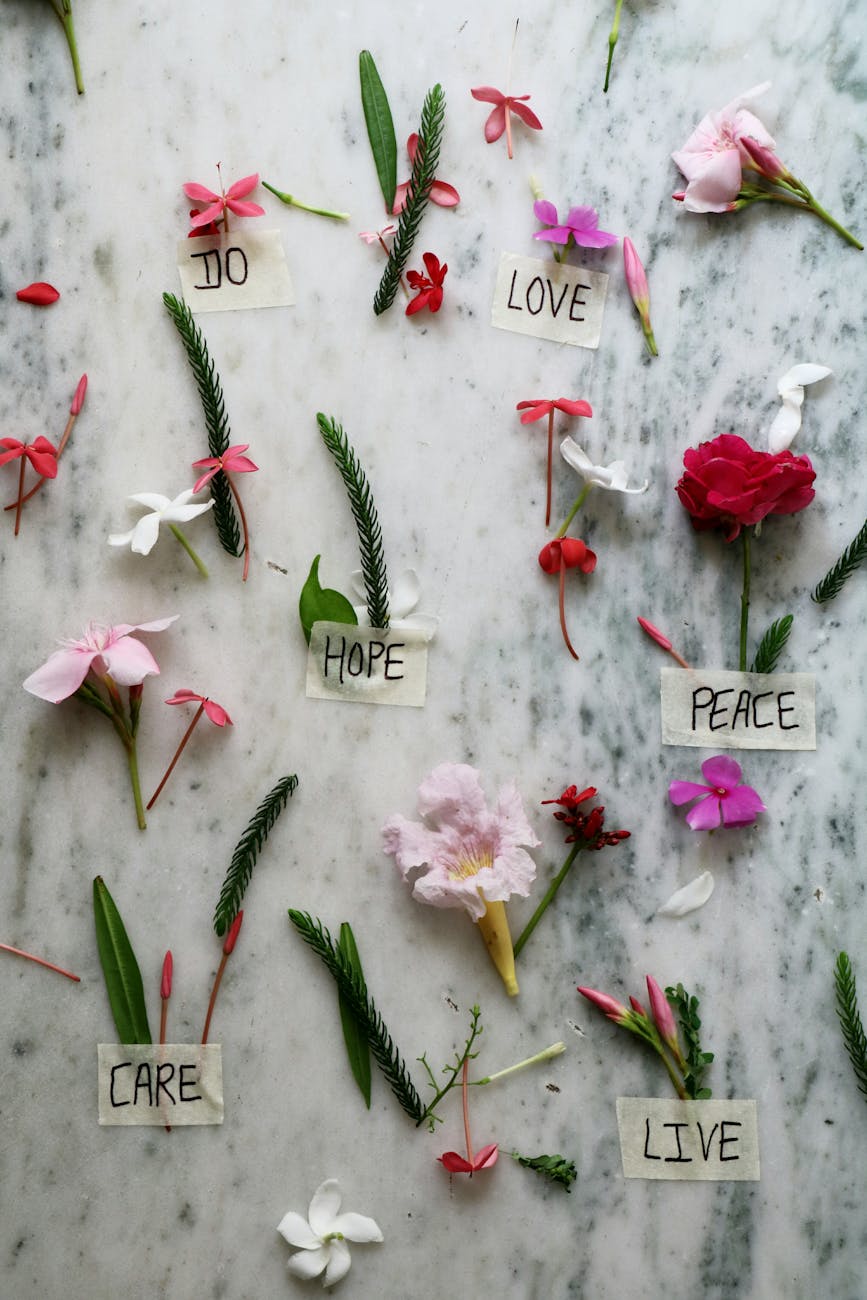Happy Things February 2024

I must say that February has been a bit better than January for finding happy things. And, as a result it was a lot easier to focus on the things that make me happy. Like so many other things, this requires practice. In case you missed the January post, this idea comes from 14,000 Things … [Read more…]


